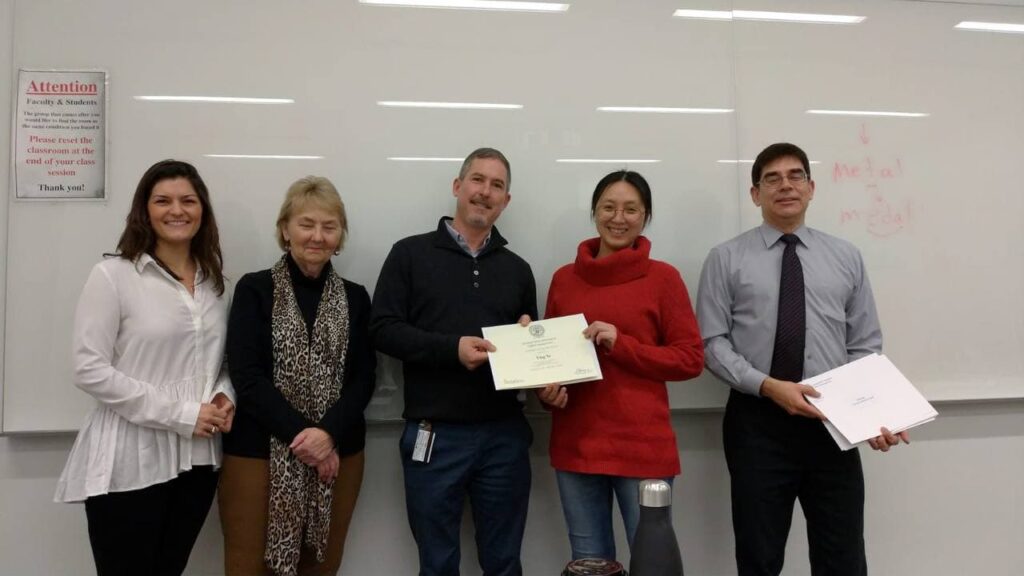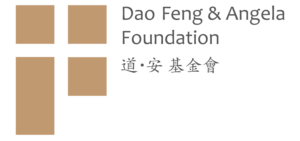Universal Values Research and Practice
We fund research into and practice universal values in today’s public sphere, conserving the values of liberty, equity, fairness, justice and love, which we believe are the bedrock of society.
OUR IMPACT
The Report of this practical research has been published in China in 2021 and the English version of a brief report has been released in January, 2022.
comparative research on disaster philanthropy fundraising

Explore Projects by Theme
Comparative Research on Faith
Learn More
Research and Practice of Universal Values
Learn More
Conservation of Heritage & Tradition
Learn More

